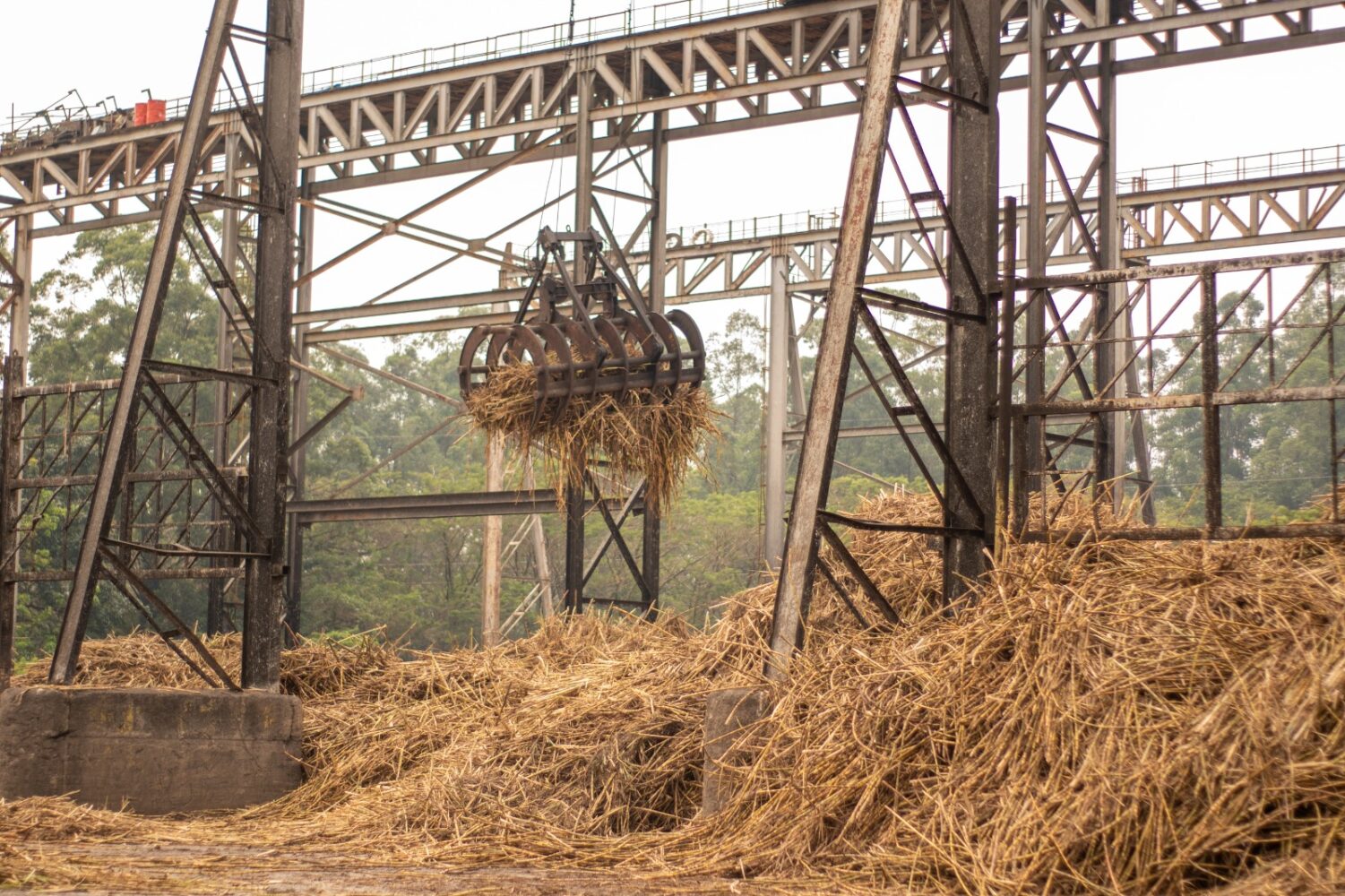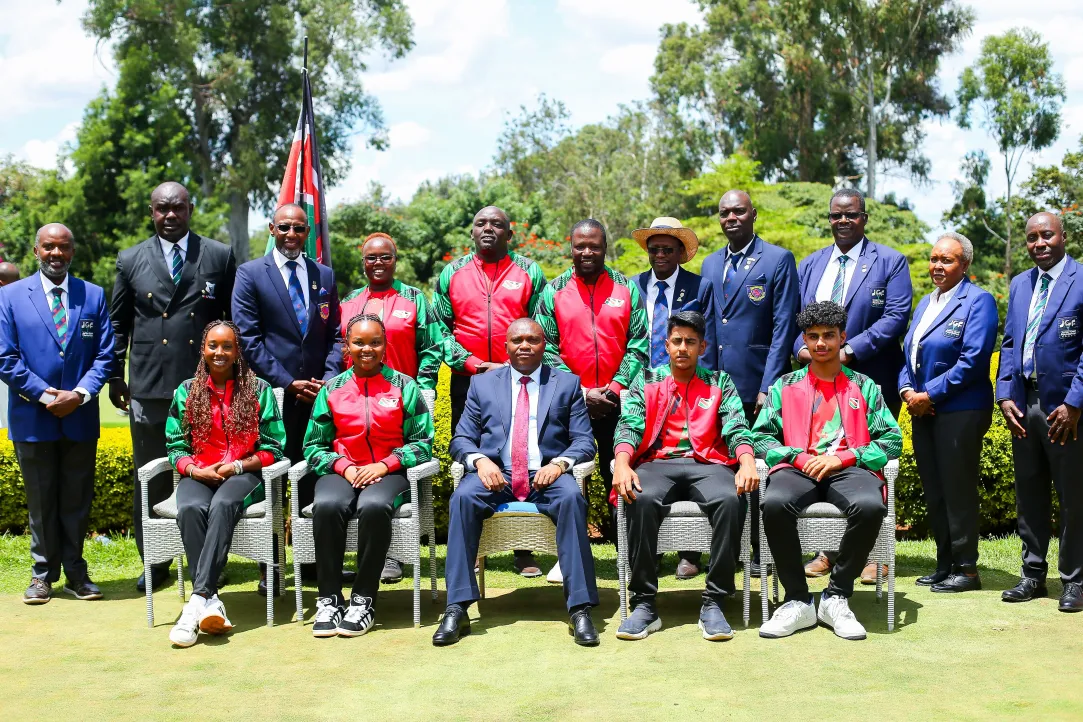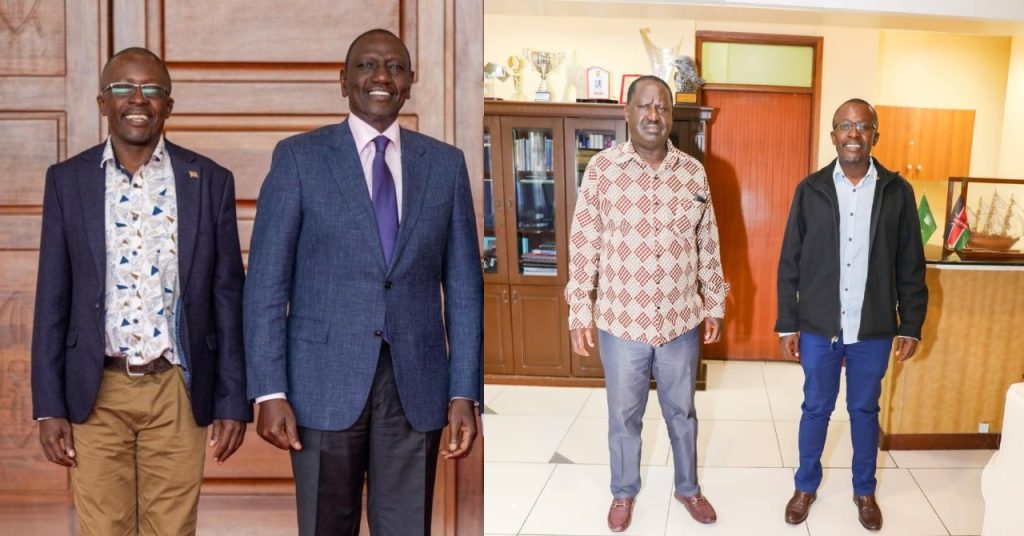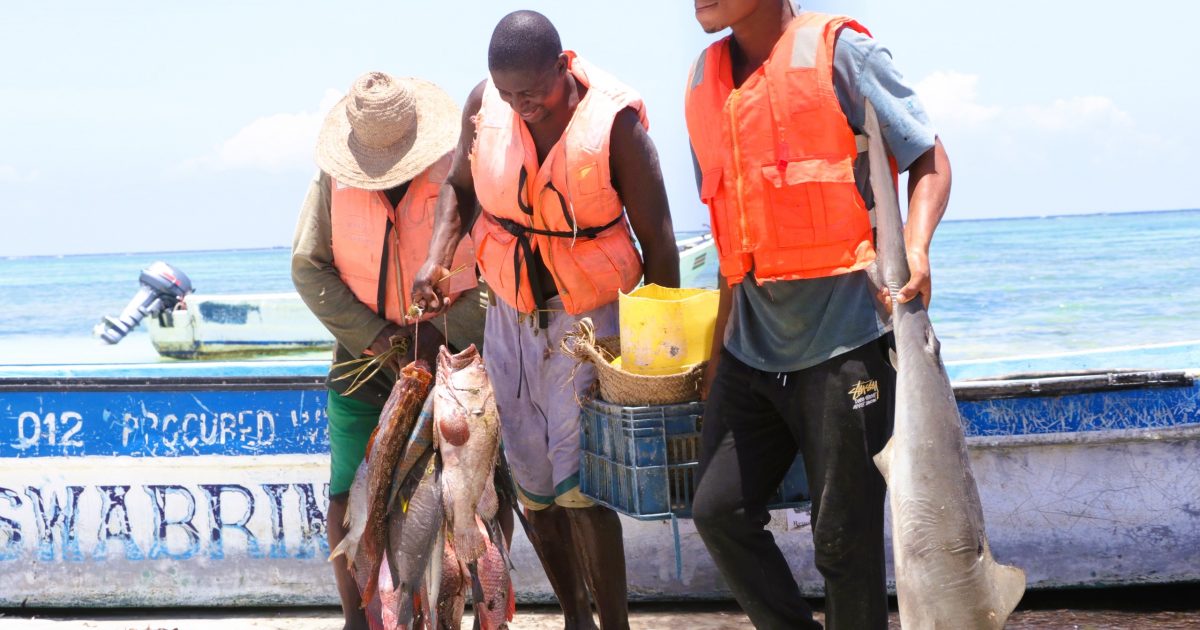The first rays of sunlight break over the vast cane farms of Matungu, painting the lush landscape in hues of gold.
For Peter Onzee, a cane farmer in his fifties, the morning brings more than just light, it brings hope.
After years of struggle, he now sees signs of renewal in a region once thriving with economic activity.
“I never thought I’d see the day Mumias Sugar Company would come back to life,” Onzee says, leaning on his walking stick as the hum of machinery echoes in the distance.
“Last month’s bonus payment was the first time since the company’s inception, we felt like we could dream again,” he added.
Redempter Makokha, who started farming cane in 2001, is also among the many celebrating the revival. She recalls her struggles after being abandoned by her husband with children to care for.
“My father gave me half an acre of land,” she says. “From my first pay, I earned Ksh 26,000. I used that money to lease more land and continued farming cane. It has been my livelihood ever since.”
When Mumias Sugar Company closed, she sought alternatives, but the payments from other factories were meager.
“The house I live in today, I built with money from cane farming. I even managed to buy two tractors for tilling land and transporting cane to the factory,” she adds.
With the factory reopening in 2021, she returned. “Now I can pay my children’s school fees. I even managed to finance my daughter’s travel to the UK with the recent bonus payment officiated by President William Ruto on January 20. I received Ksh 317,000, which helped process her travel documents.”
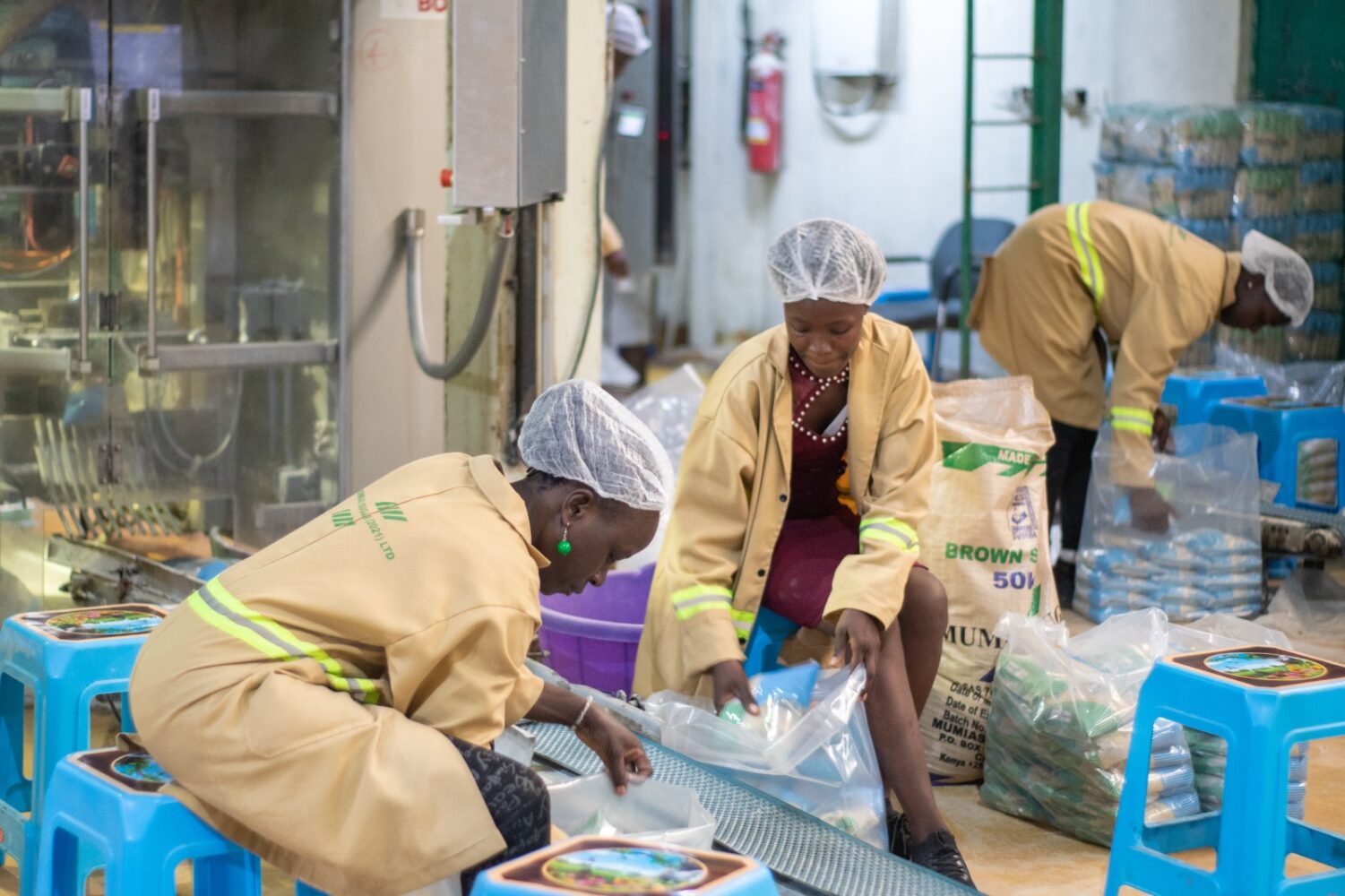
The company’s operations manager, Stephen Kihumba, stated that Mumias Sugar Company recorded total sales of Ksh 3.4 billion (3,461,920,594.69) from January 1, 2024, to December 31, 2024, enabling a payout of Ksh 150 million.
The story of Mumias Sugar is one of rise, fall, and determined resurgence.
Once Kenya’s largest sugar producer, its closure due to mismanagement and debt left thousands of farmers stranded.
Many uprooted their sugarcane fields, disillusioned by years of broken promises. Businesses folded, roads deteriorated, and families struggled to make ends meet.
“This factory wasn’t just a place to sell our cane,” says Stephen Ekirapa, a farmer in Busia. “It fueled everything; schools, markets, and our livelihoods. When it shut down, it was like the heart of the western region stopped beating.”
Ekirapa is among the 15,800 farmers who received bonus this year. “I received a Ksh 400,000 bonus, which I used to pay school fees,” Ekirapa notes.
The company is now under new management and a strategic revival plan.
At the sprawling 3,428-hectare nucleus farm, tractors till the soil, and laborers work on the fields, a scene that had disappeared for nearly a decade.
The current investor, Sarrai group, which is associated with Kenyan business Sarbi Singh Rai and Stephen Kihumba, the company’s operations manager, are at the helm of this transformation.
Kihumba exudes determination. “Our goal isn’t just to revive Mumias but to make it a pillar of prosperity for the entire region,” he says.
Farmers are cautiously optimistic. Regular meetings with company officials have rekindled trust. While inputs like fertilizers and seeds are yet to be fully distributed.
“This feels different,” Onzee reflects. “They’re not just talking; they’re showing us they mean business.”
The ripple effects of the revival are visible beyond the farms. In Shibale Shopping Centre and Mumias town, shops are reopening, transport services are busier, and young people are finding jobs.
During a recent gathering, President William Ruto underscored the government’s commitment to the industry. “Our farmers are the backbone of this nation,” he declared.
“Bonuses will now be an annual event, just like for our coffee and tea farmers. This is about more than reviving Mumias; it’s about restoring dignity to our farmers,” he added.
The crowd’s cheers echoed through the company buildings. Among them was Peter Onzee. “Annual bonuses,” he says, smiling broadly. “This could change everything for us.”
George Sagala, the company’s Agricultural Operations Manager, acknowledges that 80% of their cane comes from outgrowers. “We are conducting seed testing in our nucleus farm before distributing seedlings to farmers. We are also doing soil testing to provide the best inputs to ensure quality and profitability,” he explains.
The company is working closely with the Kenya Sugar Research Foundation (KESREF) to provide certified seed cane.
But for some farmers, these promises seem too good to be true given their past experiences.
Hassan Akula, a resident of Matungu, remains skeptical about the revival and promised bonuses. Having faced repeated losses and receiving DR for several years, he is hesitant to return to cane farming.
Like many farmers in the region, he uprooted his cane and now struggles with the decision of whether to replant. “I will only return to cane farming if they guarantee my protection as a farmer. I want to see real profits and results for my hard work, not just empty promises. They’ve talked about bonus payments, but I have yet to meet anyone who has actually received one,” he said.
With revival plans underway, farmers are urging the government and involved companies to ensure transparency in weighing cane at farms to prevent losses caused by the diversion of produce by rogue drivers.
As the sun sets and shadows stretch across the fields, Peter Onzee walks through his fields, the setting sun casting long shadows over the cane. For the first time in years, the future feels within reach.
“If things continue like this, we’ll be able to send our children to school, support our families, and reduce crime in the region. Cane farming could finally become profitable again. It’s like we’re finally seeing the light after years in the dark,” Onzee said with a deep sigh.
Hope is a powerful thing. And sometimes, a small ray of light can guide us through the darkest of times.


